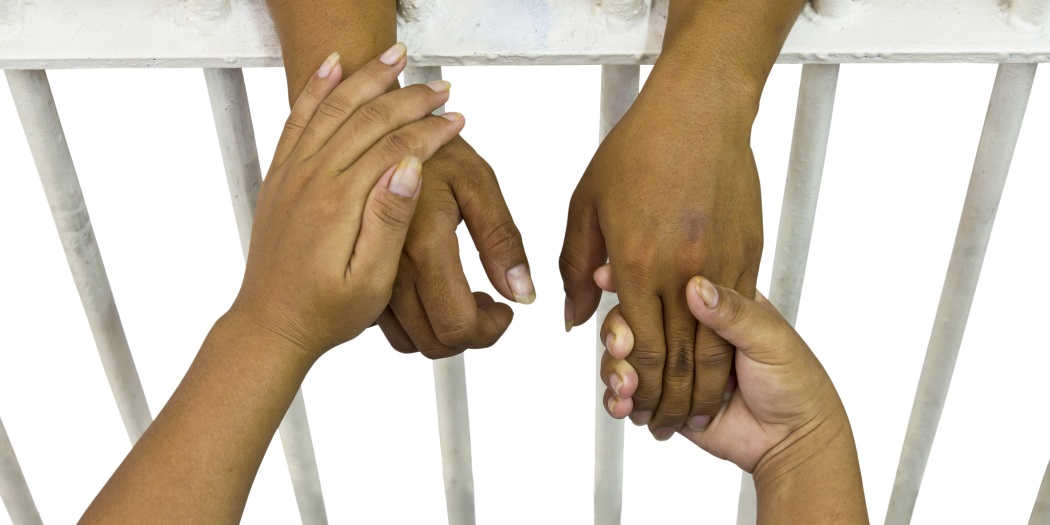
As a general rule, when seeking to solve a problem, it helps to get the opinions of those most directly affected by the policy in question. Those who are most familiar with the situation are usually able to bring unique insights and ideas to the table, and are often better equipped to make these suggestions a reality.





